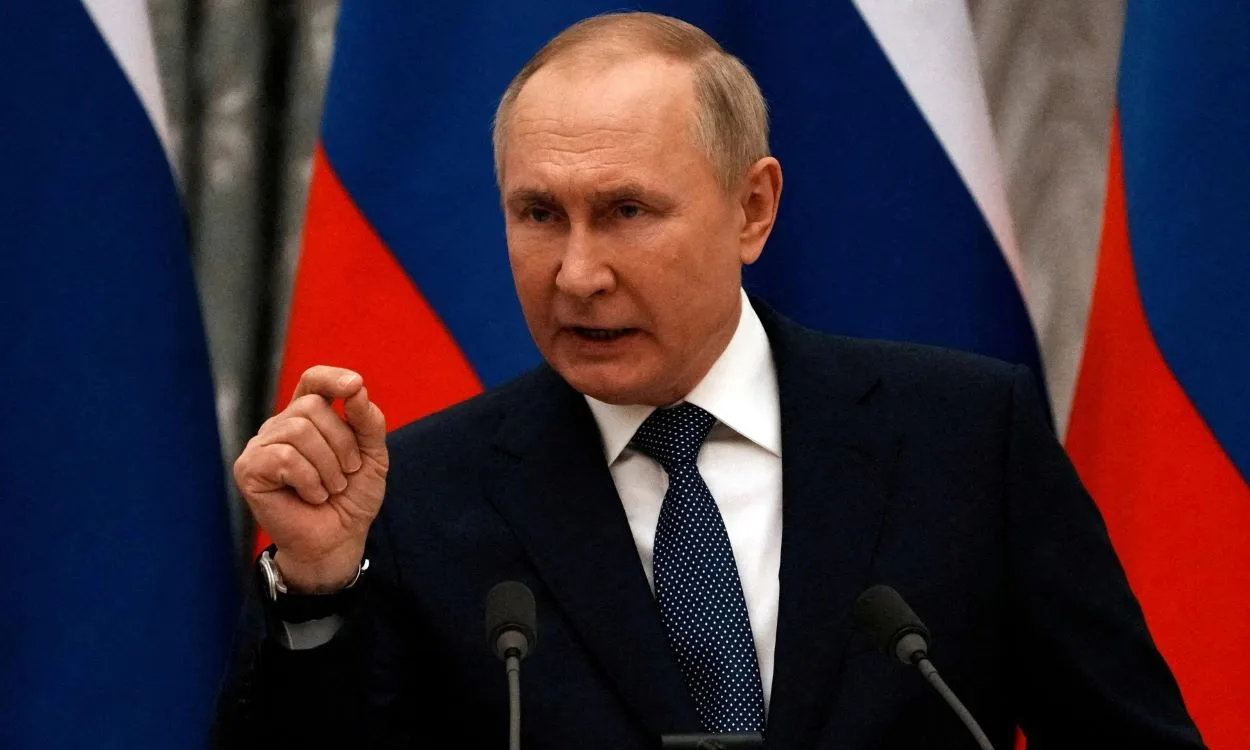Following the launch of a military satellite into orbit amidst an escalating space race, Russian President Vladimir Putin, along with Kremlin officials, clarified their stance on nuclear armament in space.
A report from the New York Times last week revealed that Russia had developed nuclear capabilities for space applications.
U.S. officials have urged the public release of details concerning what they describe as a significant national security concern, referring to a potentially destabilizing foreign military development.
Media outlets, echoing the report, highlighted Russian initiatives to create a space-based anti-satellite nuclear weapon. It was emphasized, however, that this weapon is not intended for human targets and remains inactive, presenting a grave yet non-immediate danger.
In response, Putin, in a discussion with Defence Minister Sergei Shoigu, asserted that Russia has not, nor plans to, station nuclear weapons in space, advocating for adherence and reinforcement of existing international agreements against such actions.
Putin maintained that Russia’s space endeavours are consistent with global practices, including those of the U.S.
Addressing claims supported by intelligence findings, Shoigu denied any Russian projects involving space-based nuclear weapons, suggesting these allegations aim to bolster U.S. support for Ukraine, portraying them as part of a strategy to defeat Russia strategically.
Shoigu proposed that the allegations also prompt Russia into strategic stability discussions.
According to Putin, the dialogue on strategic stability cannot be separated from the West’s intention to undermine Russia, stressing the need for clarity on the West’s objectives, which he believes aim for unilateral benefits.
Putin remained open to discussions on strategic stability with the U.S. at the defence and foreign ministry levels, highlighting the Outer Space Treaty’s prohibition of nuclear weapons in space, an agreement signed by the U.S., the Soviet Union, and the UK.






